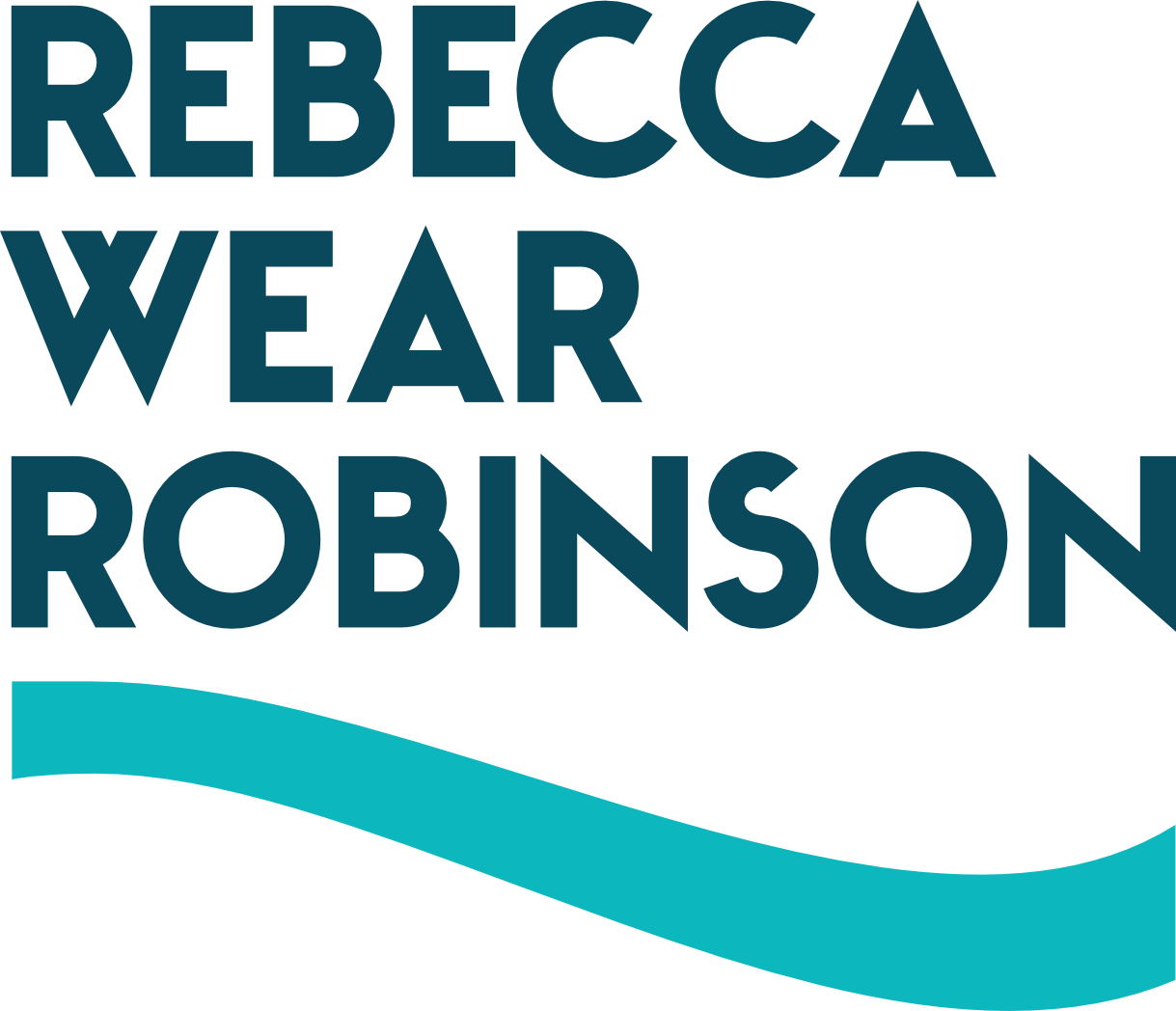Emotion
Emotion influences more than facts.
“Although many of us may think of ourselves as thinking creatures that feel, biologically we are feeling creatures that think.” Neuroscientist Dr. Jill Bolte Taylor
As I have said before, I am at the extremely analytical end of the scale. You would think that someone who is in the 99th percentile for analytical skills and logic would dismiss emotion or be immune to the pull of emotion. Nothing could be further from the truth.
Each one of us is strongly influenced by emotion.
Emotion is behind the vast majority of our attitudes and decisions, no matter how much we like to think we are making rational, informed decisions.
In recent years we watched our bias towards emotion triumph over our belief in facts to an alarming degree. That day, in 2017 when Kellyanne Conway decimated the concept of truth by introducing ‘alternative facts’ was a dark day. She used her pulpit of White House counselor to blithely ignore 4,500 years of scientific progress by essentially saying that what we want to believe, emotion, is more important than facts. By the time that covid-19 started two years later, the damage was done and we’re still stuck with a global pandemic that likely would have been less of an issue if global behavior was influenced by facts. Emotions were more important than facts, aided by authoritarianism, which wields emotion like a club to control and incite.
Take a minute to look again how attitudes and behaviors are currently being sold to the public. Look at cases where that competition has formed strategic partnerships or found ways of eliminating their competition successfully. Look at how attitudes and behavioral change are being impressed onto you through media, social media, fake news, bait-and-switch diversionary hysteria, and downright lies.
Your goal of positive behavioral change that benefits society and the environment can not be achieved unless you understand the current effectiveness of the competition.

